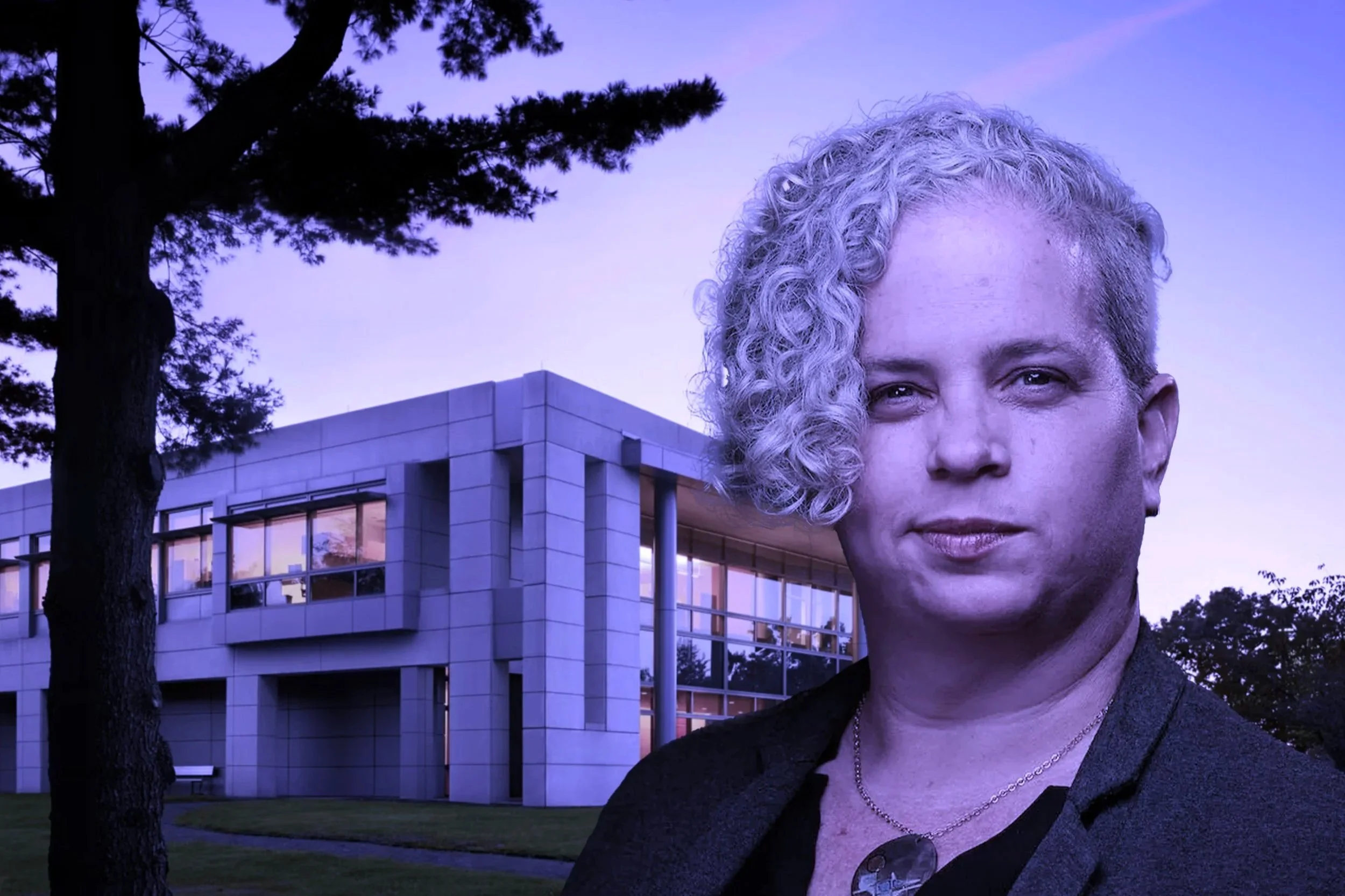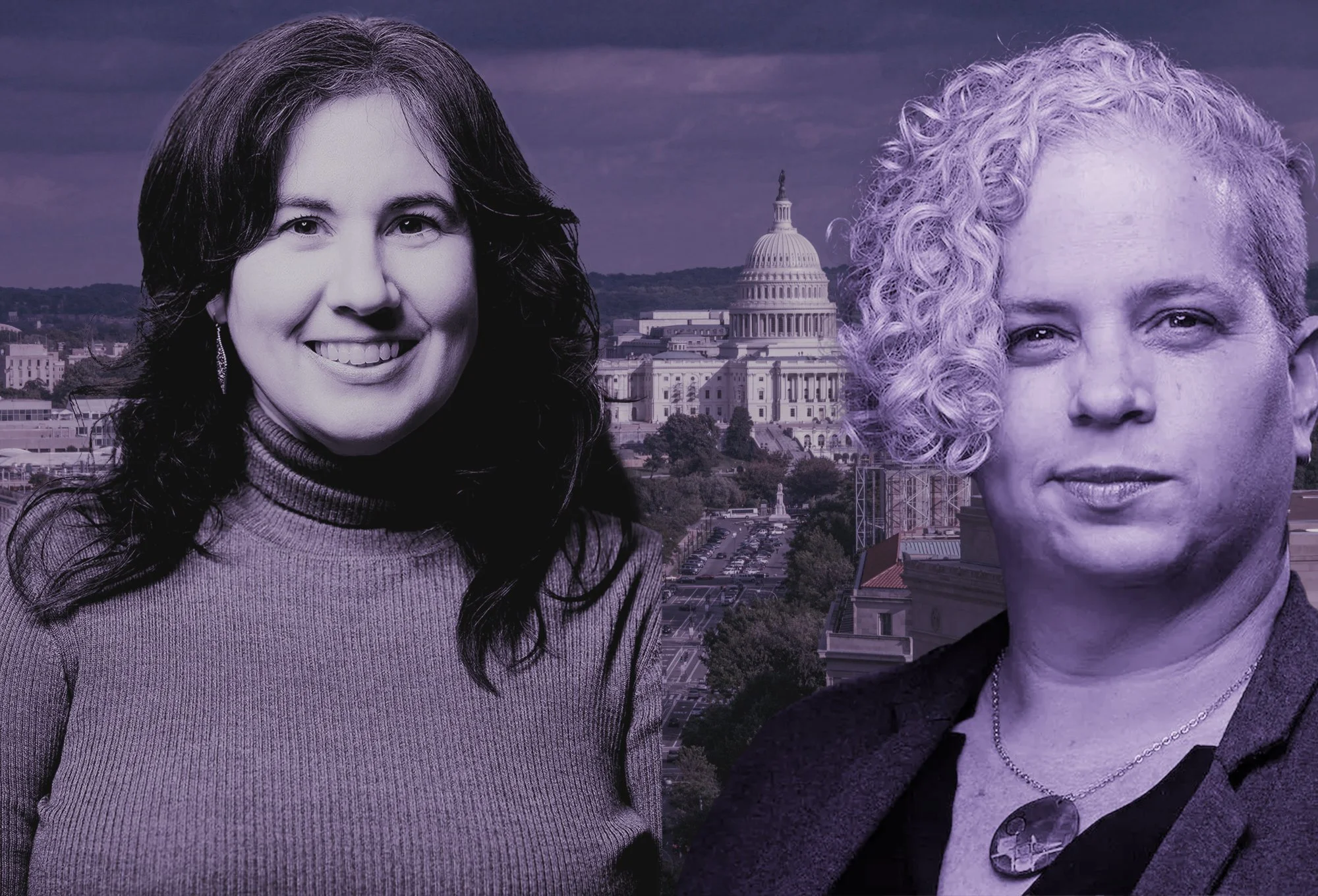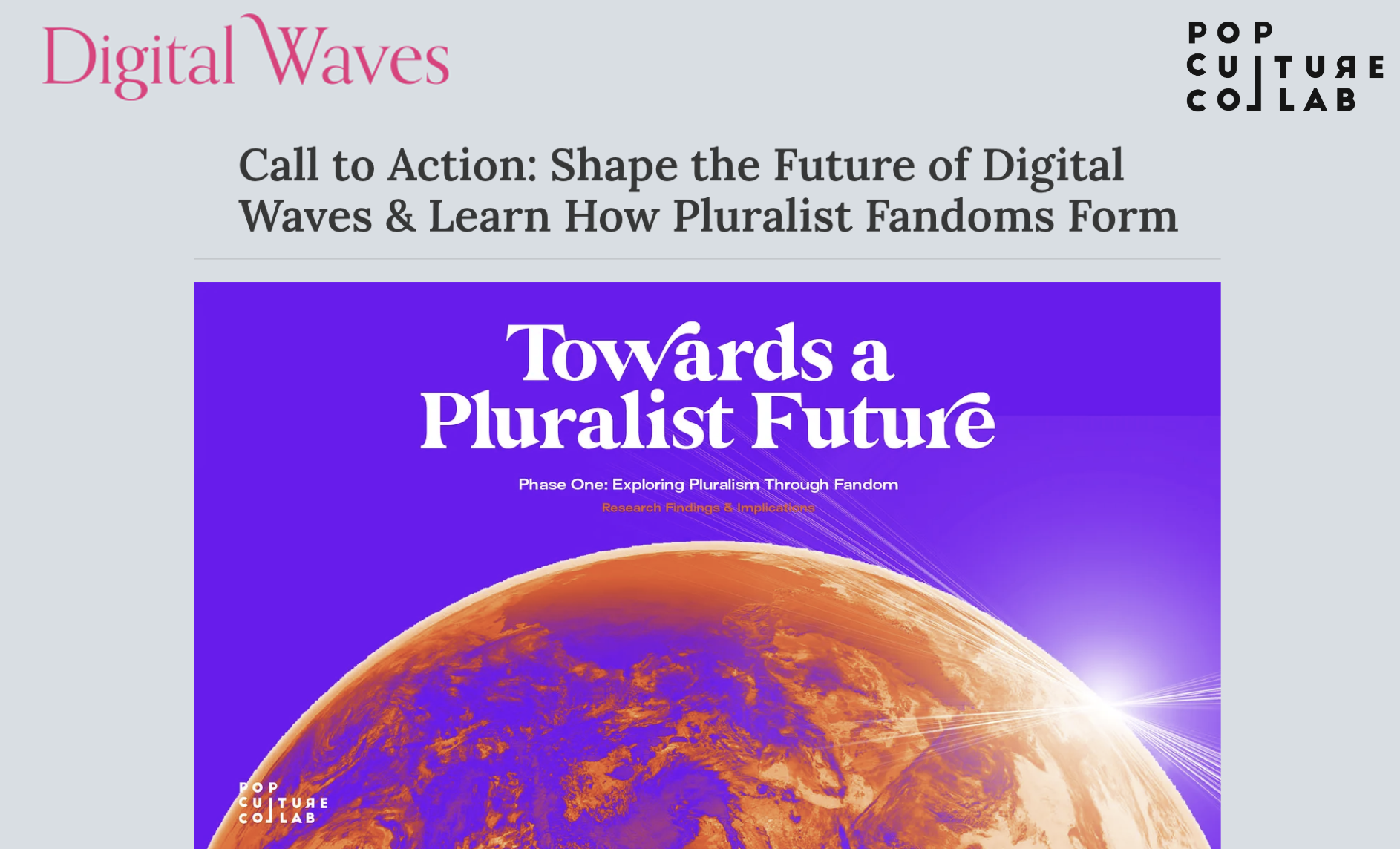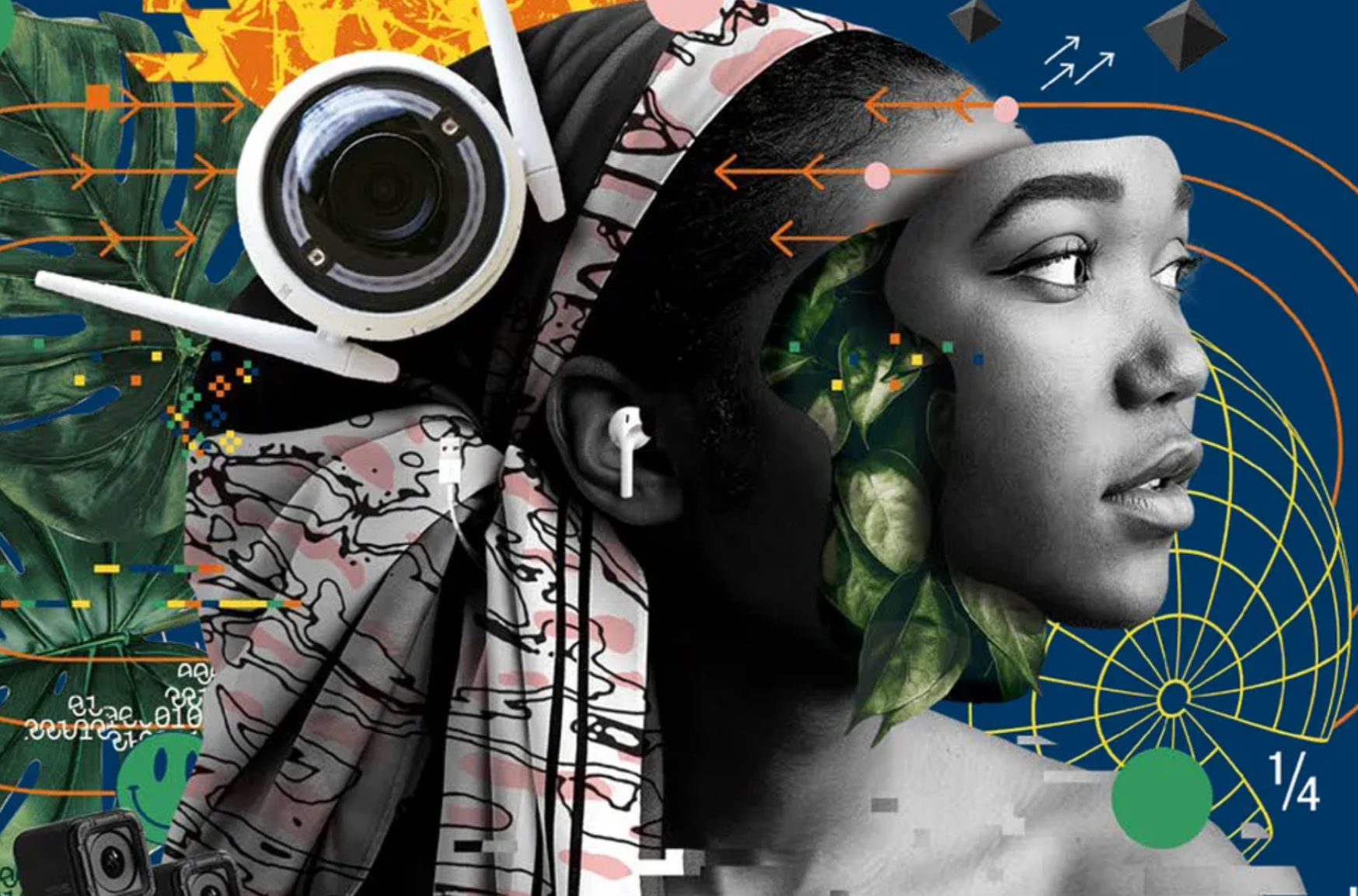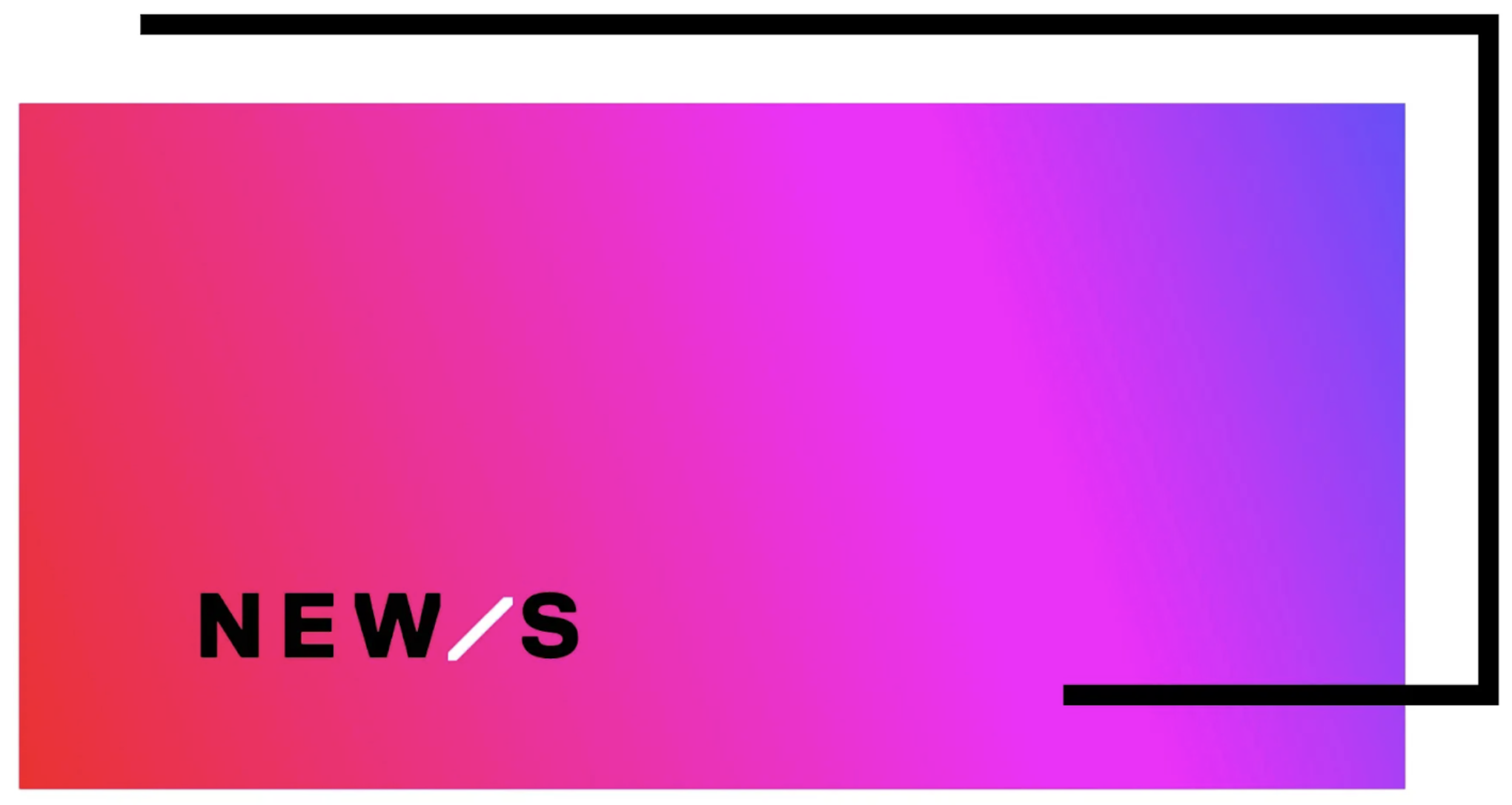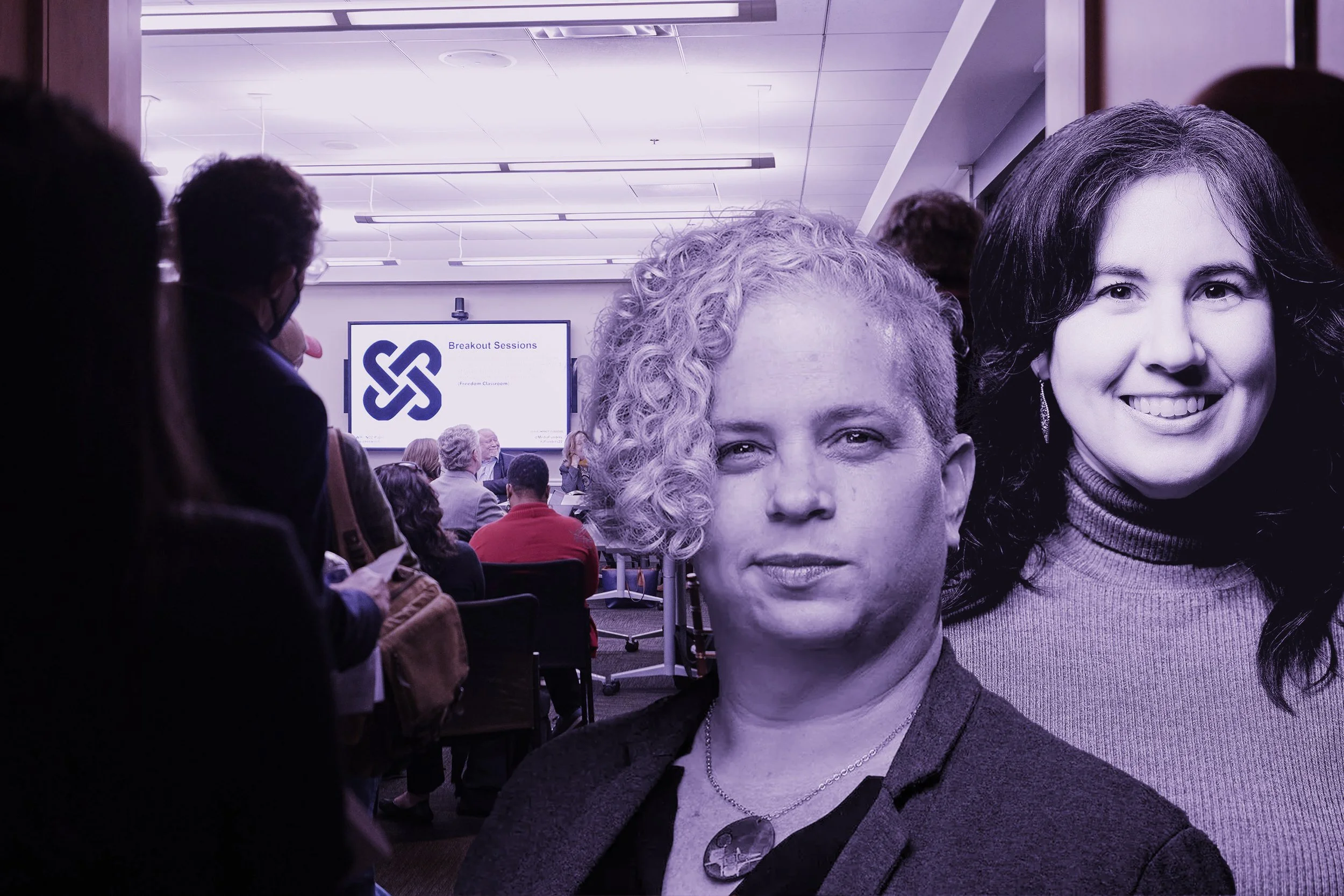Robert Wood Johnson Foundation — Futurist in Residence
As the Futurist in Residence from 2023-2024 for Robert Wood Johnson Foundation, Dot Connector Studio’s founder Jessica Clark explored the relationship between media and health equity across a variety of realms: misinformation, public trust in news, the dangers of pernicious narrative frames, and the unexpected ways in which people acquire medical information. Embedded in the Ideas for an Equitable Future team, she supported exploration and adoption of futures methods across the foundation. She continues to work with the RWJF to research methods for “democratizing the imagination of the future.” Read more about what she’s been learning here.
Democracy Fund — Building the Futures and Foresight practice
From 2023-2025 Clark and Dot Connector Studio’s co-founder Katie Donnelly worked with Democracy Fund to develop and evolve the foundation’s futures and foresight practice in service of the larger mission of building an “inclusive, multi-racial democracy that is open, just, resilient, and trustworthy.” The work has included a mix of deep research on emerging trends, continuous signal spotting, scenario planning, and experimentation with a wide range of other futuring methods. Read more about the process of building the practice, and how it has shifted over time, and see how Democracy Fund is helping social sector leaders grapple with systems collapse.
Pop Culture Collaborative—Digital Waves
Dot Connector Studio’s Head of Systems and Practice Evan Walsh and Clark worked with Pop Culture Collaborative to build out a strategy to mobilize digital communities and culture around pluralist values in our ever-fragmented political environment. Between 2022-2024 we launched and produced Digital Waves, a newsletter and publication that engaged a curated community of pop culture narrative change philanthropic and field partners to think through the possibilities and the urgency around how digital fandoms and evolving platforms are shaping our current and future society. It explored emerging behaviors and campaigns across the spectrum—from toxic to pluralist communities—tracking pro-authoritarian and manosphere ecosystems in their rise and their impact on the US electorate and digital media ecosystem.
Media Impact Funders—Snapshot of Global Journalism Funding
This 2024 report by Donnelly and Dot Connector Studio’s Research Associate Jenna Rines for Media Impact Funders and the Bill & Melinda Gates Foundation offers a targeted snapshot of the state of global journalism funding. In combination with the report, we published complementary research on how 25 of the top journalism funders are supporting news and information.
The Digital Impact Pack
Launched in 2016 with support from the Norman Lear Center, Dot Connector Studio’s Impact Pack has been used in Saudi Arabia, Colombia, Canada, and the Netherlands, and is still making its way around the world. The deck provides social impact media makers, artists, campaign strategists and educators with a fun, easy-to-adapt tool for building a theory of change and funding strategies for their projects. Following its success, we launched a free digital version of our Impact Pack as a template in Miro. This allows anyone to break out the deck anytime for their work once they have registered with the platform.
MIT’s Open Doc Lab—Immerse
Launched in 2016, in partnership with The Fledgling Fund, Tribeca Film Institute, and MIT’s Open Doc Lab, Immerse investigated the evolution of documentary and journalism practice into new and unplumbed realms—including virtual and augmented reality, AI, haptic media and beyond. Clark served as both the founding editor and the publisher of this cultural magazine based on Medium, collaborating with Sarah Wolozin, Ingrid Kopp, Kat Cizek and others to publish issues exploring how artists and documentarians were pushing boundaries and revealing both the potential and dangers of new technologies. The whole team took time to archive and sunset Immerse in 2023. Check out the Immerse archives.
Ford Foundation—The Making a New Reality Toolkit
Co-authored by by Clark and Kamal Sinclair, this toolkit provides ample curated resources for making emerging media more diverse, equitable, and inclusive. At Georgia State University, Elizabeth Strickler created an entire class based on this toolkit, and the project has also been featured in research, classes, and lectures at universities including USC, Stanford, and Barnard. Learn more about the toolkit and the research here.
Guild of Future Architects—New/s Incubator
In 2022, Dot Connector Studio wrapped our pilot New/s incubator with the Guild of Future Architects (GoFA). Led by Clark and Dot Connector Studio’s Evan Walsh (who was then at GoFA), the incubator engaged two Black-led project teams seeking to reinvent journalism to better serve communities of color. Given the daunting range of challenges facing both journalists and society, we designed a process that was restorative and opened up space for imagination and deep connection to community. Read about what we learned in this reflection by the project’s advisor Christie George, and how this relates to regenerative journalism.
Philadelphia’s Magic Gardens—Strategic visioning
Clark and Walsh conducted a 2024 strategy retreat to help the Philadelphia Magic Gardens’ team envision its next five years. The goal was to support this unique outsider art organization in thinking through how to expand sustainability while staying rooted in their values to inspire creativity and community engagement by educating the public about folk, mosaic, and visionary art.
Guild of Future Archtects—20 Decades of 2020
Clark worked with the GoFA team to edit a collection of pieces about possible futures and re-imagined pasts, synthesized from 10 online sessions with members, which ultimately looked 100 years into the past and the future to uncover pathways to a more just and beautiful society. The project was based on the Futurist Writers Room format—a creative experience that invites participants to co-author futures in real time, and culminates in essays and speculative fiction that brings these shared visions to life. See the whole series as it evolved here at the Medium publication GoFAR.
Guild of Future Architects—Portals to Beautiful Futures: Trends to Watch in 2021 and Beyond
In collaboration with the GoFA and Omidyar Network, Portals to Beautiful Futures: Trends to Watch in 2021 and Beyond flowed from a yearlong process of imagining life beyond the pandemic. Each section of the report—conceptualized by GoFA’s Sharon Chang and Kamal Sinclair, and edited by Clark— offers a fictional story set in a future related to post-pandemic life, related trends, an analysis of the architecture of the historic and current systems, and a blueprint for a better future.
National Endowment for the Arts—Tech As Art
Clark and the Dot Connector Studio team conducted research for two years in partnership with 8 Bridges Workshop to develop this field scan for the National Endowment for the Arts: Tech As Art: Supporting Artists Who Use Technology as a Creative Medium. Released in June 2021, this ambitious project was jointly funded by the Knight Foundation and the Ford Foundation. The research we did with 8 Bridges Workshop for the NEA has continued to ripple out—learn more and watch a recording of the webinar, Supporting Art & Technology.
Democracy Fund—Democracy TBD
Dot Connector Studio co-produced a futurism project with the Democracy Fund: Democracy TBD. We convened five groups of diverse thinkers and led them through a scenario-planning process to understand the considerable challenges and opportunities for democracy in the fall of 2020. Learn more here.
Media Impact Funders—Assessing the Impact of Media
From 2012-2020, Clark and Donnelly worked with Media Impact Funders on rebranding and organizational strategy, produced the groundbreaking Assessing the Impact of Media effort and many related research projects, helped to launch the organization’s journalism funders network and co-designed the annual Media Impact Forum along with numerous other briefings and funder events.

